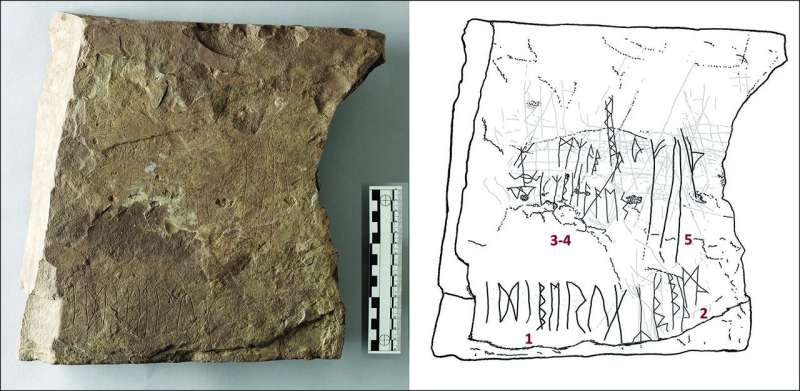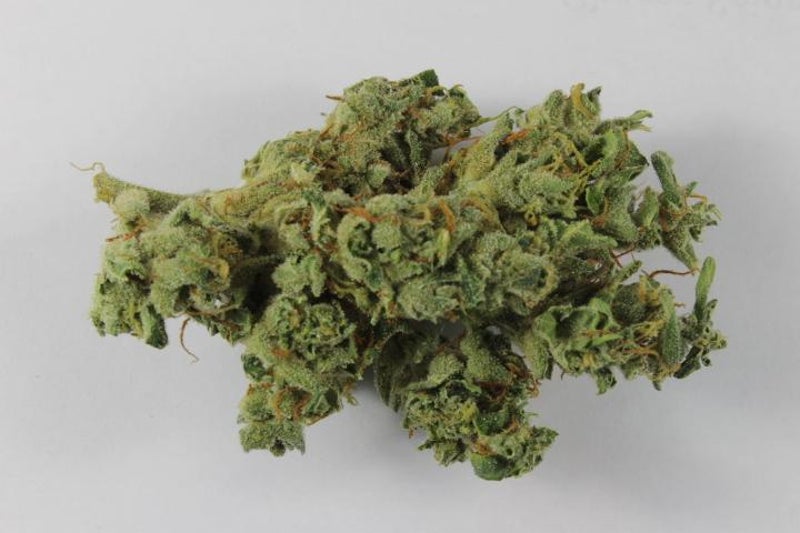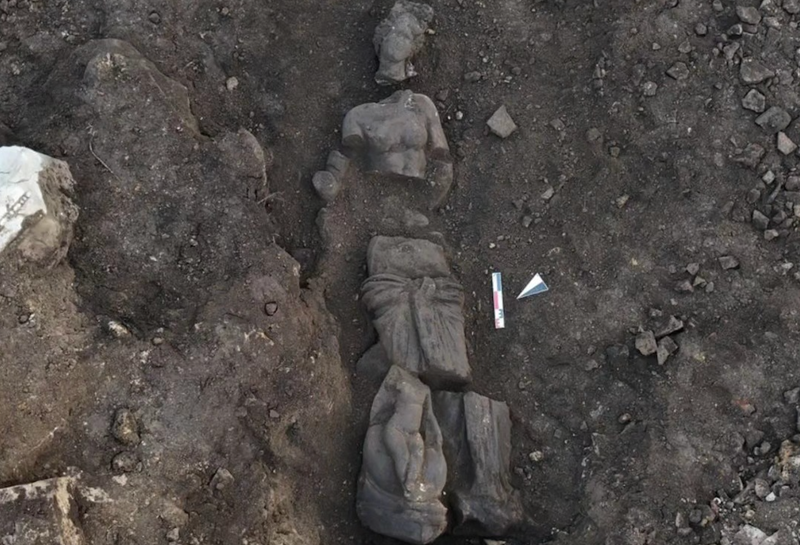CHINA has unveiled plans for a deep-sea mega-lab that will be hidden 6,500ft down in the bitterly contested South China Sea. The underwater base will study "cold seep" ecosystems - unique seabed environments humming with life and potentially holding vast reserves of fuel. China has debated subaquatic expansion in the sensitive territory for years, and this could inflame disputes that are raging in the region.
![[Illustration of the PROTEUS underwater research station.]](https://www.thesun.co.uk/wp-content/uploads/2025/02/underwater-version-international-space-station-619861526.jpg?strip=all&w=950)
Once constructed, the station will be anchored to the seabed and constantly taking readings from the deep. Inside, China's facility will be kitted out with advanced life-support systems to allow scientists to live and work down there for up to a month. It will also run a permanent monitoring network to measure levels of methane - the natural fuel scientists have detected down there. It will accommodate teams of up to six scientists at a time, who will be carrying out live experiments.
![[Underwater habitat covered in marine growth.]](https://www.thesun.co.uk/wp-content/uploads/2025/02/view-incredible-i-missed-something-843913933.jpg?strip=all&w=706)
Along with unmanned submarines, ships and seabed observatories, the new lab will form part of a much larger "four-dimensional" network giving China unprecedented depths information about its surrounding waters. It will also be wired into China's sprawling fibre-optic web that is laid across the seabed. Scientists have not revealed how they will power the huge facility, but nuclear is a possibility. The incoming innovation was announced this morning by Yin Jianping, a researcher from the Chinese Academy of Sciences' South China Sea Institute of Oceanology.
![[Illustration of the PROTEUS underwater research station.]](https://www.thesun.co.uk/wp-content/uploads/2025/02/underwater-version-international-space-station-619861541.jpg?strip=all&w=960)
He promised: "Construction will begin soon.". China's new plans are a similar concept to the US's concept for an ocean-bed research centre being developed by Proteus Ocean Group. The cutting-edge project is expected to be in place and operating by 2030. The South China Sea is hot property because it is strategically important and could be a cash cow to those who exploit it. The Chinese government believes there is a mind-bending 70billion tonnes of methane waiting to be tapped beneath the sand.
![[Diver viewed through underwater habitat porthole.]](https://www.thesun.co.uk/wp-content/uploads/2025/02/tags-society-science-technology-environment-95059857.jpg?strip=all&w=960)
If they could access that, it would boost their current gas and oil reserves by half. It exists as an ice-like solid of frozen methane and water. The vast seas also contain valuable mineral deposits, including cobalt and nickel. And there are other, more unusual possibilities scientists have got their eyes on. Amongst the hundreds of species populating the ocean, some are known to produce enzymes that are key to developing cancer treatment.
THE South China Sea is an arena for a power struggle between different powers. Several countries claim the rights to large portions of its territory based on historical rights. The problem is, some of these claims overlap. China's claim is based on a vague "nine-dash line" on some maps, which is not generally recognised in international law. Many countries argue that China's claims violate the United Nations Convention on the Law of the Sea (UNCLOS).
Other countries, like Vietnam, the Philippines, Malaysia and Brunei, are eager not the concede the territory, because it is known to hold valuable natural assets like natural resources. One major point of tension is the Spratly Islands, with multiple countries claiming ownership of various islets and reefs. China has been criticized for constructing artificial islands in the South China Sea and deploying military equipment there.































